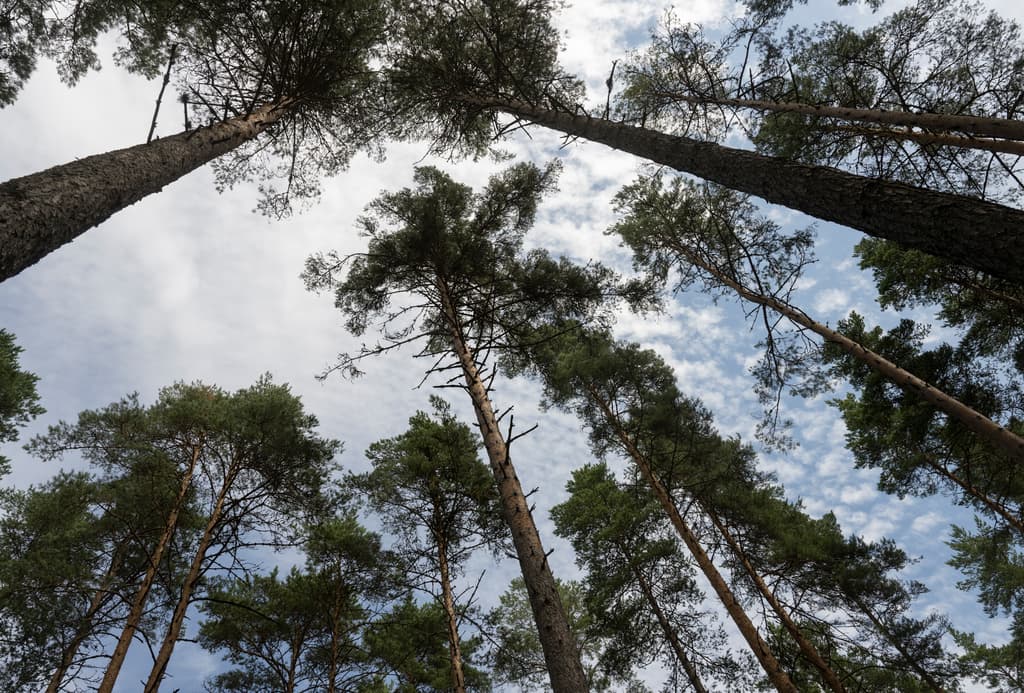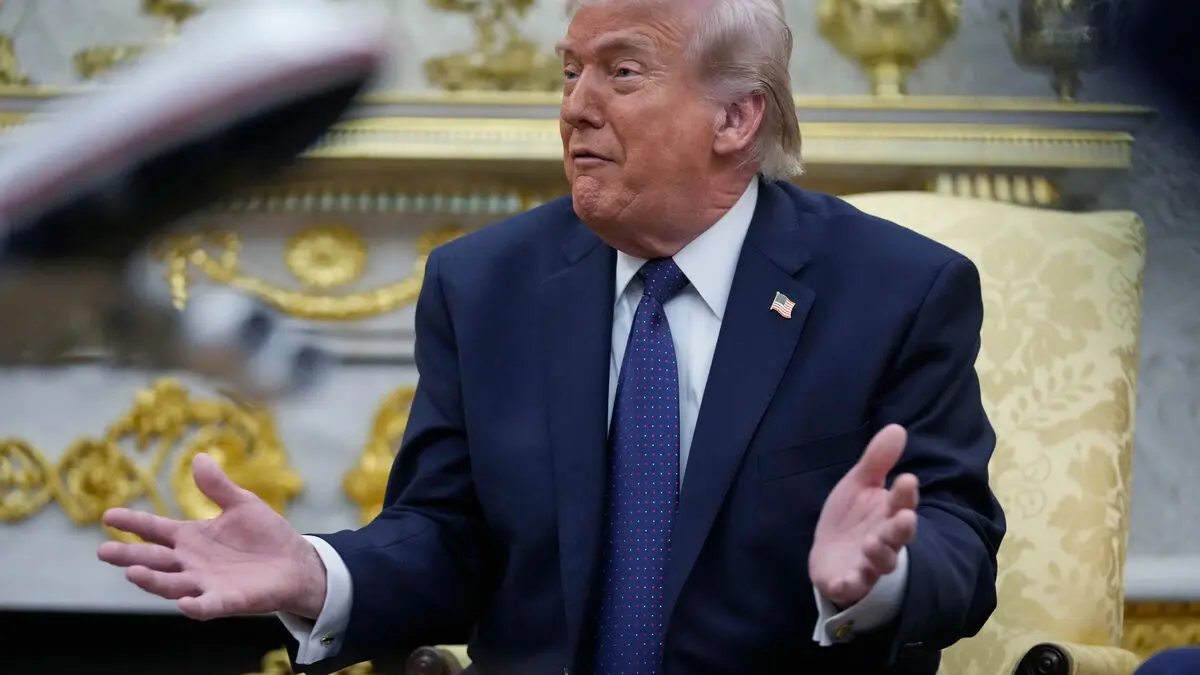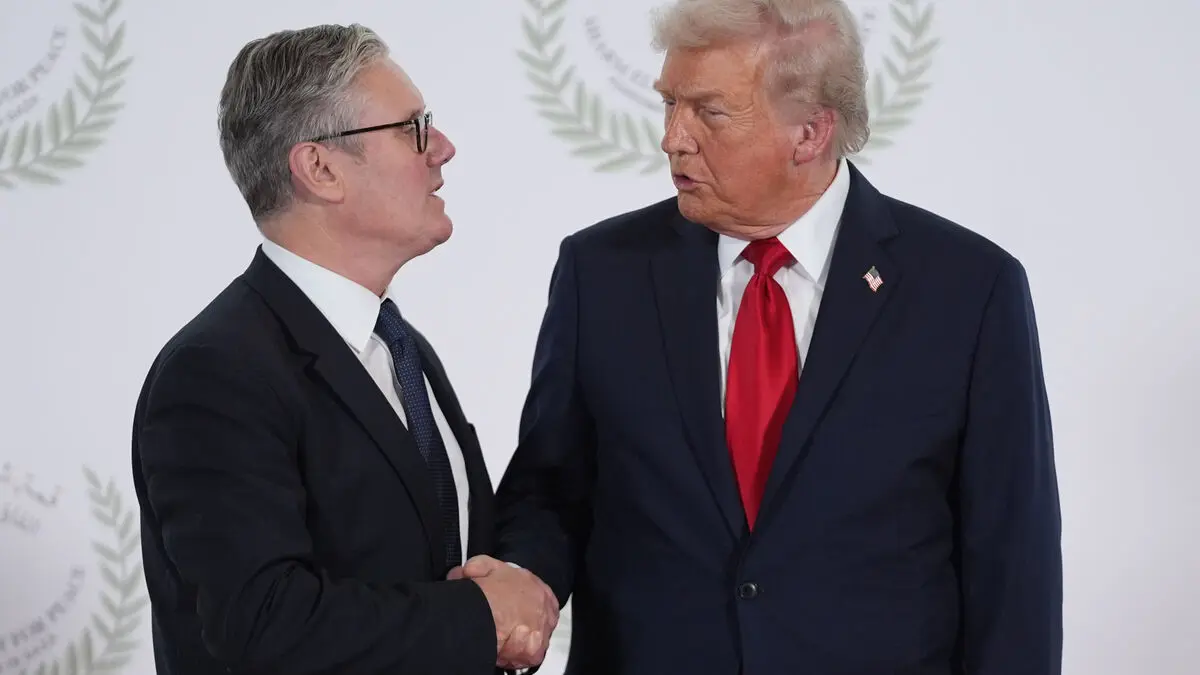The new nature restoration law is stirring emotions. At the Swedish Forest Industries Federation and the Federation of Swedish Farmers (LRF), there is great concern about how Sweden chooses to implement the law.
Fundamentally, we think it's great that they have ambitious goals for restoring nature. Then we think that this legislation is both unclear and unbalanced in relation to other societal goals, says Viveka Beckeman, CEO of the Swedish Forest Industries Federation, and continues:
What we are primarily worried about is how it will be implemented in Sweden.
The concern mainly revolves around the issue of setting aside forest, i.e., not utilising it.
As soon as you talk about nature conservation, both in Sweden and in the EU, you tend to talk about set-asides, says Beckeman and continues:
It would have been better if they had worked more for high-quality nature conservation.
Calling for more tools
To increase biodiversity and increase the resilience of Swedish forests, more tools should be used, according to Beckeman.
If you only choose to either utilise the forest or set it aside – then we will never get the best possible nature conservation.
Palle Borgström, chairman of the Federation of Swedish Farmers, is also critical of the new law.
This means that you take productive land out of production and put a dead hand over it. The land risks losing its natural values over time, he says.
Up to Sweden to implement
According to Borgström, Sweden risks applying the law differently compared to other countries, since Sweden reports so-called reference areas differently.
Reference areas are a reference value that describes how large an area of a certain nature type is needed for it and its typical species to survive – and be viable in the long term. According to the Swedish Environmental Protection Agency, all EU countries use the same reporting format and guidance, but there may be some differences between countries.
The outcome depends on how the Swedish government and authorities choose to apply the legislation, according to Borgström.
It is crucial that we do it in a way that is similar to other EU states, and that we do not have our own application that is much more far-reaching, he says.






